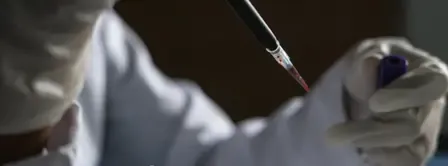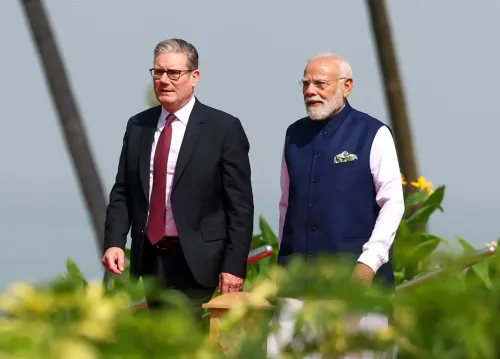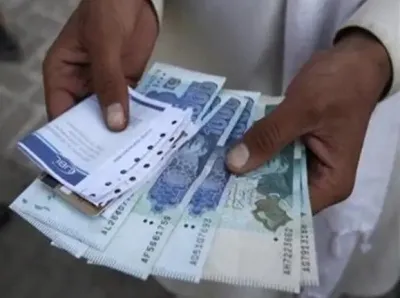How will the Biomedical Research Career Programme enhance regional equity and empower women scientists?

Synopsis
Key Takeaways
- BRCP Phase-III focuses on bridging regional disparities.
- It aims to empower women scientists in India.
- The program has a total outlay of Rs 1,500 crore.
- It will train over 2,000 students and fellows.
- Aligned with Viksit Bharat 2047 vision for global leadership.
New Delhi, Oct 9 (NationPress) The newly initiated phase-III of the Biomedical Research Career Programme (BRCP) aims to address regional disparities and elevate the status of women scientists across the nation, as stated by the government on Thursday.
This month, the Union Cabinet approved Phase III of the BRCP, which will run from 2025-26 to 2030-31, with a further service phase extending until 2037-38.
According to an official statement, "BRCP Phase-III is designed to bridge regional disparities and enhance inclusivity, particularly for women scientists."
The initiative provides support for scientists at various career stages through fellowships and collaborative grants, promoting high-quality, ethical research aimed at addressing significant public health issues in India.
With a total budget of Rs 1,500 crore, the Department of Biotechnology under the Ministry of Science and Technology will allocate Rs 1,000 crore, while the Wellcome Trust from the UK will contribute Rs 500 crore.
The official statement emphasized, “Phase-III is anticipated to establish new standards for biomedical excellence in India.”
Phase III of the BRCP is expected to train more than 2,000 students and post-doctoral fellows, facilitate high-impact publications, produce patentable innovations, and advance 25-30 percent of collaborative projects to Technology Readiness Level (TRL-4).
Moreover, “the programme is also set to provide a 10-15 percent increase in support for women scientists, fostering greater inclusivity in India’s research landscape,” the statement mentioned.
Aligned with the national vision of Viksit Bharat 2047, this initiative positions India as a global center for biomedical innovation and translational research.
The BRCP will cultivate top-tier scientific talent, promote interdisciplinary and translational research, and enhance research ecosystems.
Historically, biomedical research in India has led to the development of affordable diagnostics, including CRISPR-based kits and dengue rapid tests, as well as indigenous vaccines for pneumonia, measles-rubella, and Covid-19.
The government stated, "These initiatives are making healthcare more accessible, equitable, and self-sufficient, establishing India as a global leader in biomedical innovation."









